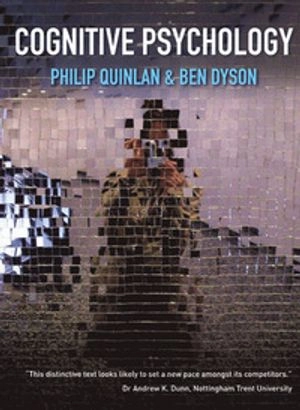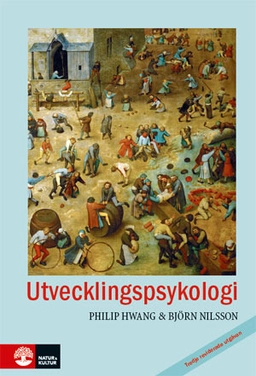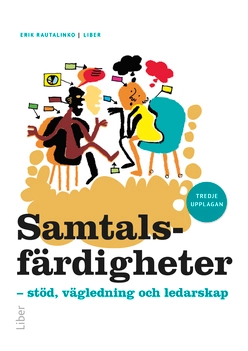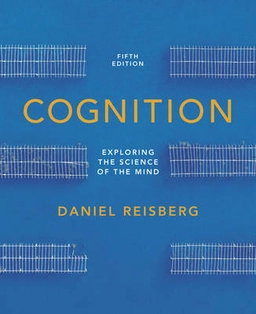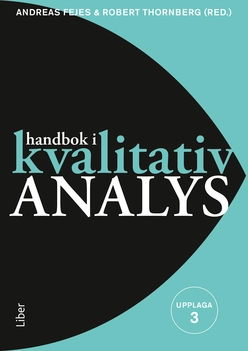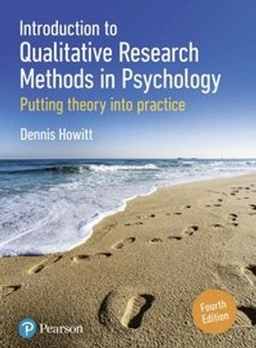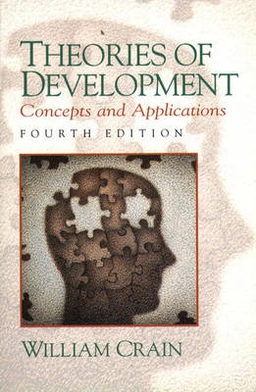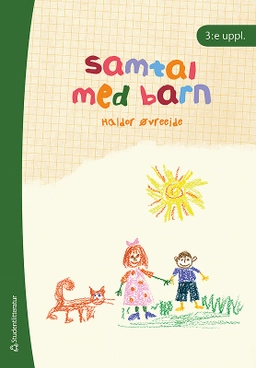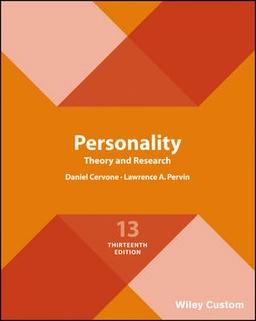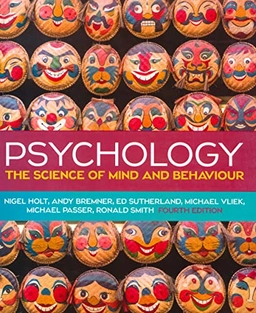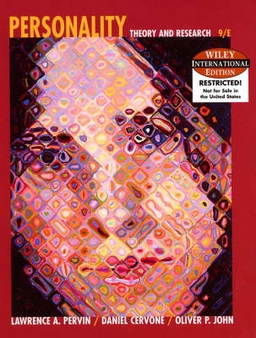There are many strengths to this book . . . perhaps the most important of these is the conceptual framework around which each topic is discussed. The material is highly contemporary. Overall the content covers the appropriate material for the cognitive components of a degree in Psychology.
Dr Richard J. Tunney, Universityof Nottingham
This book gives a refreshing insight into the basics of cognitive psychology, and it will stimulate students to think in a scientific way.
Eric Soetens, University of Brussels(VUB), Belgium
What do looking for your suitcase on a baggagecarousel at 4 oclock in the morning, sorting out clothes in time for the summer, and, waiting in the rain for the bus that never comes, all have in common?
They all demonstrate how the concepts of Cognitive Psychology can be found in everyday life.
Cognitive Psychologyprovides a lively and engaging introduction to the field, explaining how the principles of attention might be related to DJing, how the information processing framework allows a computer to encode Shakespeare, and, how the Incredible Hulk may well have inspired contemporary research on emotion. It also offers a complete coverage of all the British Psychological Society (BPS) required topics including memory, language and reasoning.
Underpinned throughout by classic and contemporary research, this text provides a clear and detailed account of key experiments, theories and concepts with critical analysis of the issues surrounding them. Examples, full colour photos and illustrations are included throughout to animate the theoretical discussion and enable students to grasp the practical applications of Cognitive Psychology.
Features
A range of features have also been designed to help students consolidate their understanding of core concepts and promote engagement with ongoing research in the field. These include:
Opening examples and Reflective questions introduce the chapter and present the main theme of discussion within a lively framework. Research focus boxes outline and critically analyse contemporary research discoveries. For example . . . boxes present a real-world, topical illustration of important concepts and ideas discussed in the text. What have we learnt? boxes offer a concise summary of contemporary topics, questions, theories and arguments in the book and develop skills in critical thinking. Pinpoint questions encourage you to consolidate your understanding of the ideas and topics discussed. Key terms provide useful definitions of the terms within the text. Chapter summaries revisit the main arguments and themes covered in a chapter. A Companion Webs...
Åtkomstkoder och digitalt tilläggsmaterial garanteras inte med begagnade böcker
